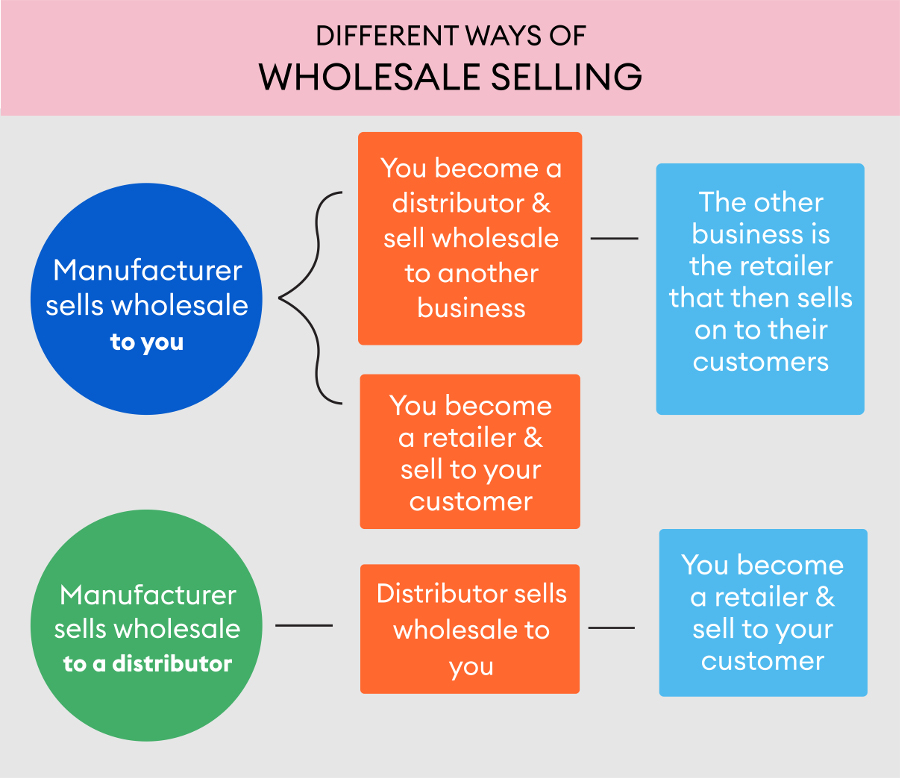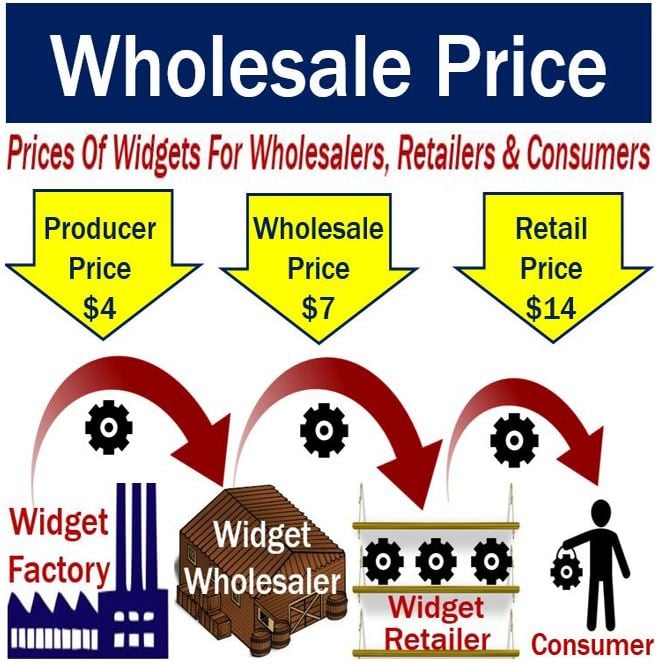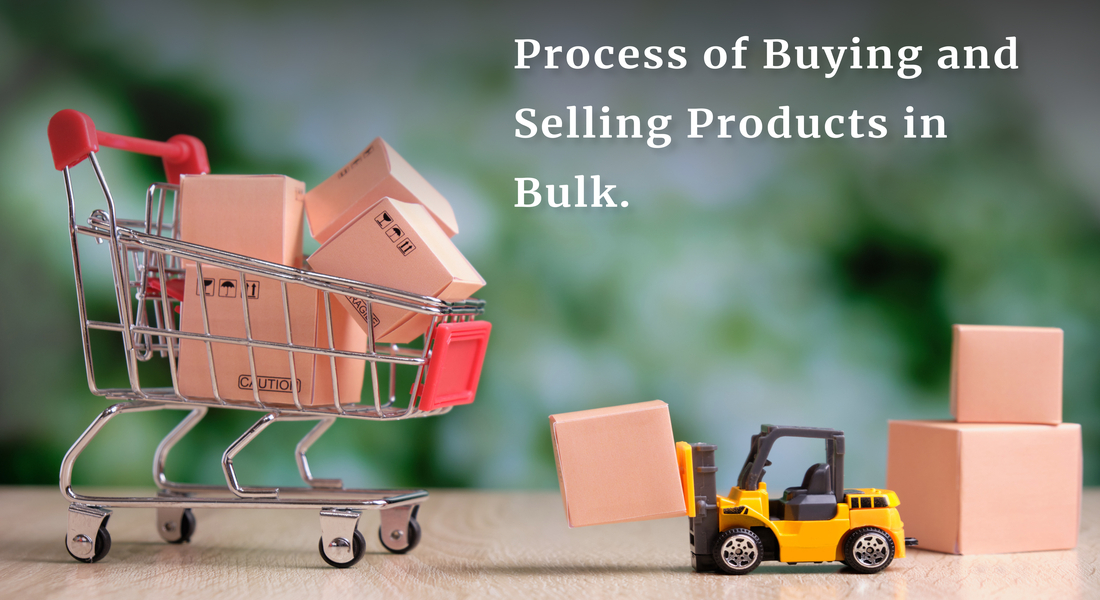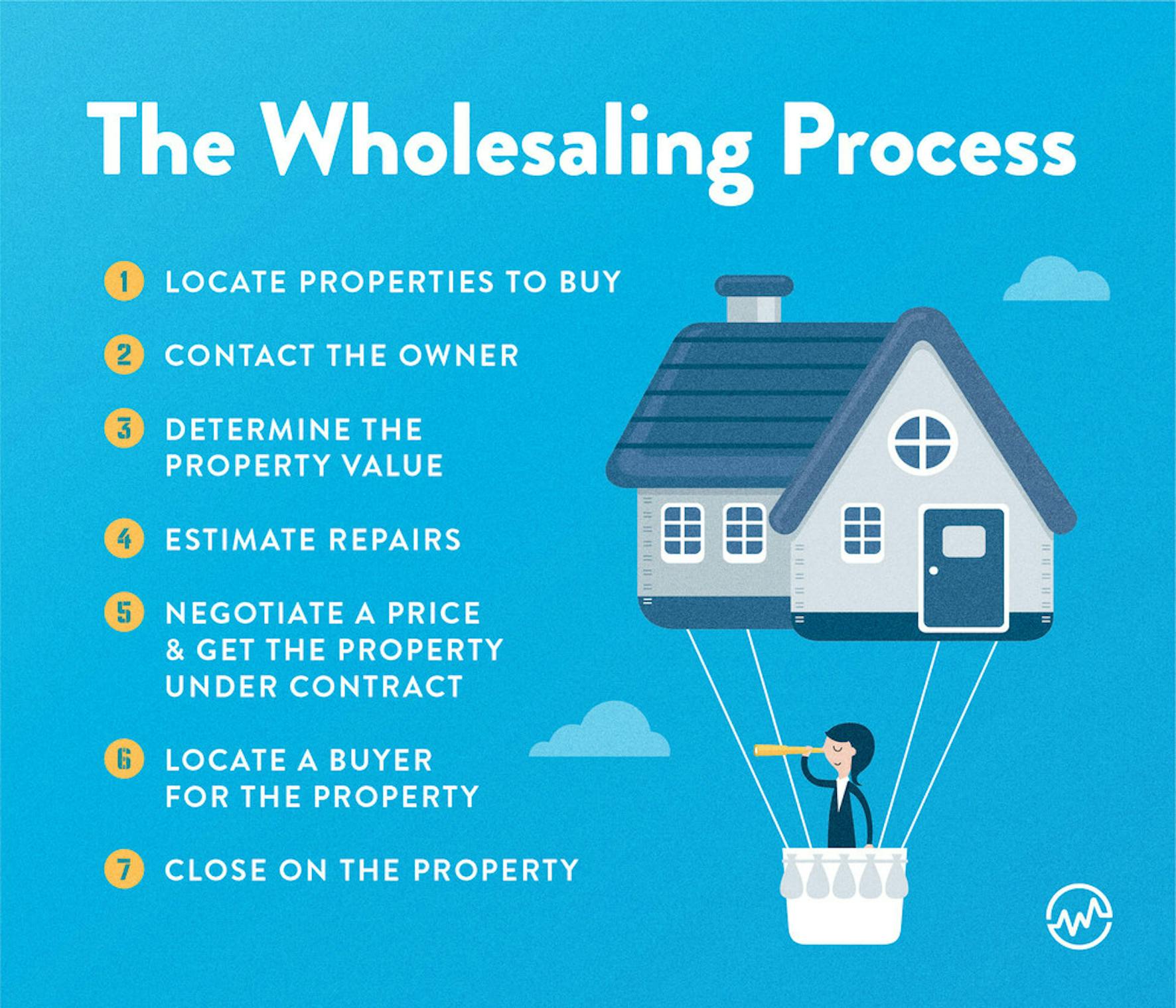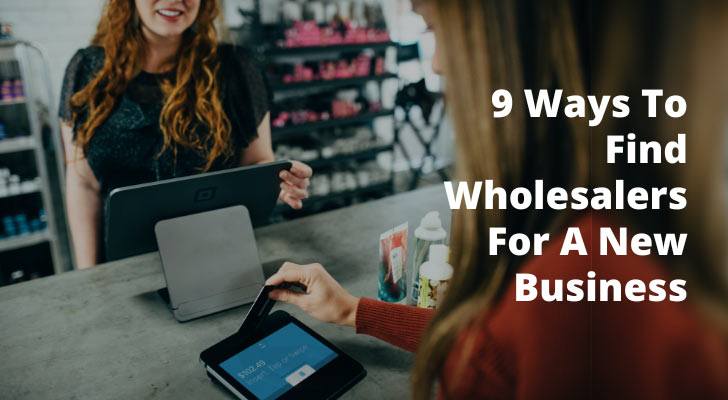What is Wholesale Shopping and How Does it Work?
Wholesale shopping is a type of business-to-business transaction where a buyer purchases products in bulk from a supplier at a discounted price. This type of shopping is different from retail shopping, where products are sold to individual consumers at a marked-up price. Wholesale shopping offers several benefits, including lower costs, increased efficiency, and access to a wide range of products.
There are various types of wholesale markets, including traditional wholesale markets, online wholesale marketplaces, and trade shows. Traditional wholesale markets are physical locations where buyers can purchase products in bulk, while online wholesale marketplaces are digital platforms that connect buyers with suppliers. Trade shows are events where suppliers showcase their products to potential buyers.
Wholesale shopping is a popular way for businesses to purchase products in bulk, but it can also be beneficial for individuals who want to buy products at a discounted price. For example, someone who wants to start a small business or sell products online can use wholesale shopping to purchase products at a lower cost.
To get started with wholesale shopping, it’s essential to understand how it works. Wholesale suppliers typically require a minimum order quantity (MOQ) and may offer discounts for larger orders. Buyers can negotiate prices and payment terms with suppliers, and it’s crucial to research suppliers and verify their credentials before making a purchase.
Wholesale shopping can be a bit overwhelming, especially for those who are new to it. However, with the right knowledge and resources, it can be a great way to purchase products in bulk and save money. In the next section, we’ll discuss how to find reliable wholesale suppliers.
How to Find Reliable Wholesale Suppliers
When it comes to buying things wholesale, finding a reliable supplier is crucial to ensuring a successful transaction. A reliable supplier can provide high-quality products, competitive pricing, and excellent customer service. However, with so many suppliers out there, it can be challenging to find the right one.
One effective way to find reliable wholesale suppliers is through research. Utilize online directories, such as SaleHoo or Worldwide Brands, which provide a list of verified suppliers. These directories can help you find suppliers that match your specific needs and requirements.
Another way to find reliable suppliers is by attending trade shows and industry events. These events provide a platform for suppliers to showcase their products and connect with potential buyers. By attending trade shows, you can meet suppliers in person, ask questions, and get a sense of their products and services.
Online wholesale marketplaces, such as Alibaba or DHgate, can also be a great resource for finding reliable suppliers. These platforms connect buyers with suppliers from around the world, providing a wide range of products at competitive prices. However, it’s essential to exercise caution when using online marketplaces, as some suppliers may not be reputable.
When researching potential suppliers, it’s crucial to verify their credentials and product quality. Check for reviews, ratings, and testimonials from other buyers. Also, ask for product samples or request a tour of their facility to ensure they meet your standards.
Additionally, consider the following tips when finding reliable wholesale suppliers:
- Check for certifications, such as ISO 9001 or CE, which indicate a supplier’s commitment to quality and safety.
- Look for suppliers with a strong online presence, including a professional website and social media accounts.
- Ask about their return and refund policies, as well as their warranty and guarantee terms.
- Check for any red flags, such as poor communication or unprofessional behavior.
By following these tips and strategies, you can find reliable wholesale suppliers that meet your needs and help you succeed in the world of wholesale shopping.
Understanding Wholesale Pricing and Payment Terms
When it comes to buying things wholesale, understanding the pricing and payment terms is crucial to making informed purchasing decisions. Wholesale pricing structures can vary depending on the supplier, product, and market conditions. In this section, we’ll break down the different pricing structures used in wholesale markets and provide tips on how to negotiate prices and payment terms with suppliers.
Minimum Order Quantities (MOQs) are a common pricing structure used in wholesale markets. MOQs refer to the minimum quantity of products that a supplier requires a buyer to purchase in order to qualify for wholesale pricing. MOQs can vary depending on the supplier and product, but they are typically higher for bulkier or more expensive products.
Discounts are another pricing structure used in wholesale markets. Suppliers may offer discounts for larger orders, loyalty programs, or special promotions. Discounts can be a great way to save money, but it’s essential to understand the terms and conditions of the discount before making a purchase.
Payment terms are also an important aspect of wholesale pricing. Suppliers may offer different payment terms, such as net 30, net 60, or COD (cash on delivery). Understanding the payment terms is crucial to avoiding any misunderstandings or penalties.
To negotiate prices and payment terms with suppliers, it’s essential to do your research and understand the market conditions. Here are some tips to keep in mind:
- Know the market price: Research the market price of the product to determine a fair price range.
- Be flexible: Be open to negotiating prices and payment terms, but also be clear about your needs and requirements.
- Ask about discounts: Ask suppliers about any discounts or promotions they may be offering.
- Understand the payment terms: Make sure you understand the payment terms and any associated fees or penalties.
By understanding the pricing and payment terms used in wholesale markets, you can make informed purchasing decisions and negotiate better deals with suppliers. Remember to always do your research, be flexible, and ask questions to ensure you get the best possible price and terms.
How to Buy Wholesale Products Online
Buying wholesale products online can be a convenient and cost-effective way to purchase goods in bulk. However, it’s essential to be aware of the pros and cons of online wholesale shopping to ensure a successful transaction.
One of the main benefits of buying wholesale products online is the convenience it offers. Online wholesale marketplaces allow buyers to browse and purchase products from the comfort of their own homes, 24/7. Additionally, online marketplaces often provide a wider selection of products and suppliers, making it easier to find the best deals.
However, buying wholesale products online also comes with some risks. One of the main concerns is the risk of scams and counterfeit products. To avoid these risks, it’s essential to research the supplier thoroughly and read reviews from other buyers.
Some popular online wholesale marketplaces include Alibaba, DHgate, and Wholesale Central. These platforms connect buyers with suppliers from around the world, providing a wide range of products at competitive prices.
To ensure a safe and successful online wholesale transaction, follow these tips:
- Research the supplier: Check the supplier’s ratings, reviews, and credentials before making a purchase.
- Verify the product: Make sure the product is genuine and meets your quality standards.
- Read the fine print: Understand the payment terms, shipping costs, and return policies before making a purchase.
- Use a secure payment method: Use a secure payment method, such as PayPal or a credit card, to protect your financial information.
By following these tips and being aware of the pros and cons of online wholesale shopping, you can successfully buy wholesale products online and take advantage of the convenience and cost savings it offers.
Wholesale Shopping for Beginners: Essential Products to Get Started
When it comes to buying things wholesale, it’s essential to start with products that are in high demand and have a low risk of obsolescence. For beginners, it’s best to focus on everyday items that are used frequently, such as household essentials, personal care products, and office supplies. These products are perfect for wholesale shopping because they are always in demand, and their prices are relatively stable.
Some popular wholesale products for beginners include:
- Household cleaning supplies, such as detergents, disinfectants, and paper products
- Personal care items, such as toiletries, cosmetics, and skincare products
- Office supplies, such as paper, pens, pencils, and printer ink
- Food and beverages, such as snacks, coffee, and tea
- Health and wellness products, such as vitamins, supplements, and fitness equipment
When buying these products wholesale, it’s essential to consider the minimum order quantity (MOQ) and the price per unit. A lower MOQ and a competitive price per unit can help you save money and increase your profit margins. Additionally, look for products with a long shelf life to minimize waste and reduce the risk of obsolescence.
For example, a beginner can start by buying wholesale household cleaning supplies, such as a 12-pack of all-purpose cleaners for $20. This works out to $1.67 per unit, which is significantly cheaper than buying individual units at a retail store. Similarly, a 24-pack of paper towels for $15 works out to $0.63 per unit, which is a great deal for a product that is always in demand.
When buying wholesale products online, make sure to research the supplier thoroughly and read reviews from other customers. Look for suppliers that offer competitive pricing, reliable shipping, and excellent customer service. Additionally, consider the product’s packaging and labeling to ensure that it meets your needs and complies with local regulations.
By starting with essential products and following these tips, beginners can successfully navigate the world of wholesale shopping and start building their business or saving money on everyday items.
Managing Your Wholesale Purchases: Inventory and Storage Tips
Effective inventory management is crucial when buying things wholesale. It helps ensure that products are stored properly, reducing the risk of damage, loss, or obsolescence. A well-organized inventory system also enables businesses to keep track of stock levels, making it easier to reorder products and avoid stockouts.
Here are some tips for managing your wholesale purchases:
- Assign a dedicated storage space: Designate a specific area for storing wholesale products, keeping them separate from other inventory. This helps prevent mix-ups and makes it easier to locate products.
- Use shelving and storage units: Invest in sturdy shelving and storage units to keep products off the floor and organized. Label each shelf or unit to facilitate easy identification.
- Implement a first-in, first-out (FIFO) system: Ensure that older products are sold or used before newer ones to minimize the risk of obsolescence.
- Track inventory levels: Use a spreadsheet or inventory management software to keep track of stock levels, including the quantity of each product and its storage location.
- Monitor product expiration dates: Regularly check expiration dates for perishable products, such as food or cosmetics, to ensure they are sold or used before they expire.
- Conduct regular inventory audits: Schedule regular audits to verify inventory levels, identify discrepancies, and address any issues promptly.
In addition to these tips, consider implementing a barcode scanning system or using inventory management software to streamline your inventory management process. These tools can help automate tasks, reduce errors, and provide real-time visibility into your inventory levels.
When storing wholesale products, it’s also essential to consider the product’s packaging and labeling. Ensure that products are properly packaged and labeled to prevent damage during storage and transportation.
By implementing these inventory management tips, businesses can ensure that their wholesale purchases are stored efficiently, reducing the risk of loss or damage and enabling them to get the most out of their wholesale shopping experience.
Common Mistakes to Avoid When Buying Wholesale
When buying things wholesale, it’s essential to be aware of common mistakes that can cost you time, money, and reputation. By understanding these pitfalls, you can avoid them and ensure a successful wholesale shopping experience.
Here are some common mistakes to avoid when buying wholesale:
- Not researching suppliers: Failing to research suppliers can lead to partnering with unreliable or untrustworthy vendors. Always verify a supplier’s credentials, read reviews, and check their ratings before making a purchase.
- Ignoring product quality: Buying low-quality products can damage your reputation and lead to customer dissatisfaction. Always inspect products before purchasing and ensure they meet your quality standards.
- Failing to negotiate prices: Not negotiating prices can result in overpaying for products. Always try to negotiate prices, especially for large orders.
- Not understanding payment terms: Failing to understand payment terms can lead to unexpected fees or charges. Always clarify payment terms with your supplier before making a purchase.
- Not checking for certifications and compliance: Failing to check for certifications and compliance can result in purchasing products that don’t meet regulatory requirements. Always ensure that products meet relevant certifications and compliance standards.
- Not having a clear understanding of return and refund policies: Not understanding return and refund policies can lead to difficulties when trying to return or exchange products. Always clarify return and refund policies with your supplier before making a purchase.
By avoiding these common mistakes, you can ensure a successful wholesale shopping experience and build a strong reputation in the industry. Remember to always research suppliers, inspect products, negotiate prices, and understand payment terms and certifications.
Additionally, be aware of the following red flags when buying wholesale:
- Suppliers who require payment upfront without providing any guarantees
- Suppliers who have poor communication or unresponsive customer service
- Suppliers who have low ratings or negative reviews
- Suppliers who are unwilling to provide product samples or inspections
By being aware of these red flags and avoiding common mistakes, you can ensure a successful and profitable wholesale shopping experience.
Maximizing Your Wholesale Shopping Experience: Tips and Tricks
When it comes to buying things wholesale, there are several tips and tricks that can help you get the most out of your experience. Whether you’re a seasoned wholesale shopper or just starting out, these expert tips can help you find hidden gems, negotiate with suppliers, and stay up-to-date with market trends.
Here are some expert tips for maximizing your wholesale shopping experience:
- Attend trade shows and industry events: Trade shows and industry events are a great way to connect with suppliers, learn about new products, and stay up-to-date with market trends.
- Use online wholesale marketplaces: Online wholesale marketplaces like Alibaba, Wholesale Central, and DHgate can help you find reliable suppliers and compare prices.
- Negotiate with suppliers: Don’t be afraid to negotiate with suppliers to get the best price. Remember to always be respectful and professional in your negotiations.
- Look for certifications and compliance: Make sure to look for certifications and compliance with industry standards when purchasing wholesale products.
- Keep track of market trends: Stay up-to-date with market trends by reading industry publications, attending trade shows, and following suppliers on social media.
- Build relationships with suppliers: Building relationships with suppliers can help you get the best prices, priority service, and access to new products.
Additionally, here are some creative ways to find hidden gems when buying wholesale:
- Use social media to find suppliers: Use social media platforms like LinkedIn, Twitter, and Facebook to find suppliers and connect with them.
- Attend local wholesale markets: Attend local wholesale markets to find unique products and connect with suppliers in person.
- Use online directories to find suppliers: Use online directories like Wholesale Central and SaleHoo to find reliable suppliers and compare prices.
By following these expert tips and tricks, you can maximize your wholesale shopping experience and find the best products at the best prices. Remember to always be respectful and professional in your dealings with suppliers, and don’t be afraid to negotiate to get the best price.
We’d love to hear from you Share your own experiences and tips for buying things wholesale in the comments below.

